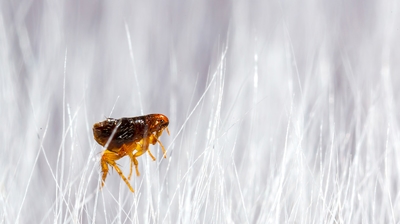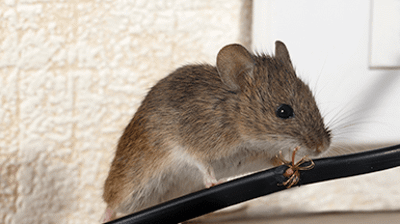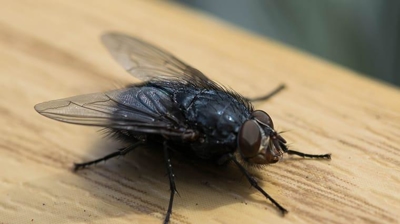Rodent Control Done Right For Streator Properties
No matter what pests are pestering you, Quik-Kill Pest Eliminators can help you find answers to your questions or provide you with professional pest control in Streator. We also help you by providing resources like this blog so you can tackle small problems or take steps to make your pest control as effective as possible. Today, we're going to look at common rodent pests. We'll explain how different types of rodents create different problems; we'll cover why effective rodent control is critical; and we'll get into ways you can identify and remove factors that attract rodents. Along the way, you'll learn the secret habits that bring rats and mice into your yard, why they want to live with you, and more importantly, what you can do to get rid of them for good. If you need immediate assistance with a rodent problem, remember that we're only a phone call away.
Streator's Secret Weapon To Complete Rodent Control
Rodent control is hard. If you need help keeping rodents out of your home, remember that Quik-Kill Pest Eliminators can take a lot of the hard work off your plate. We understand rodent pests, and our technicians use industry-leading home pest control solutions to get effective and sustainable control of rodents. If you'd like to discuss your rodent concerns, we're here to listen. You can reach out to us by text, e-mail, or phone. You don't have to live with rodents. Not ever.
When It Comes To Pests, Control Simply Won't Cut It
Schedule Your Free No Obligation Inspection Today & See How Quik-Kill Can Keep Your Home Pest Free. Guaranteed.
A member of our team will be in touch shortly to confirm your contact details or address questions you may have.

Why Choose Quik-Kill Pest Eliminators?
-
A Category of OneThere are plenty of pest control companies out there, but there is only one pest eliminator. We don't want to control the pests in your home or business, we want them gone forever. Call us today to get rid of your pest problem for the last time!
-
Guaranteed ServiceOur local, family-owned pest control company is committed to friendly service, effective solutions, and 100% customer satisfaction! If you need pest control in Central Illinois and the Quad Cities, we are ready to help!
-
Effective SolutionsFor over 95 years, Quik-Kill has been perfecting our craft and developing our skills to deliver the best results! Our services include residential pest control, rodent control, mosquito control, and more!
-
Sudden ServiceWe understand how important dependable service is to you, and we make every effort to respond to your pest problems quickly! How soon can your tech come out? Contact us to get started!
Rodents Spread Disease And Damage Property
All rodents carry ticks and fleas. The number of diseases carried by ticks is greater than fleas and rodents combined. They present a growing threat to the health of Streator residents every year. Ticks are associated with Lyme disease, Rocky Mountain spotted fever, ehrlichiosis, tularemia, bartonellosis, and many more.
All rodents leave their droppings and urine as they explore the interior of your home. They even leave this material where they sleep. As they explore your kitchen cabinets and pantry, their tiny hairs are a source of disease contamination. They may also leave fecal pellets in food or on dishes. In your attic, they soil your insulation which creates a smell that is not only offputting, it is a scent that attracts more rodents. Along with the bad odor is the risk of disease. If you have rodents in your attic, always wear a mask or respirator when going up there.
Certain rodents are a bacterial threat. They climb in trash containers and are exposed to germs and parasitic worms. When they climb around in your kitchen or pantry, these contaminate food packages, surfaces, shelves, dishes, and silverware.
When rodents crawl around inside your home, they chew holes. They can make holes in food packages, allowing the contents to spill out onto your shelves and floor. They can chew holes in baseboards, sheet rock, and other wall materials as they go in and out of your wall voids. They chew holes in weatherstripping, door sweeps, and door frames, allowing other pests to enter. This also creates the conditions for moisture damage.
How To Identify And Remove Factors That Attract Rodents
Now we get to the meat and potatoes of our discussion on rodent control in Streator. You know what rodents to expect in your home and what those pests do as they explore your home. Here are some management tips that will help you identify factors that lead to or inspire rodent infestation and steps to keep rodents out. It all begins in your yard.





